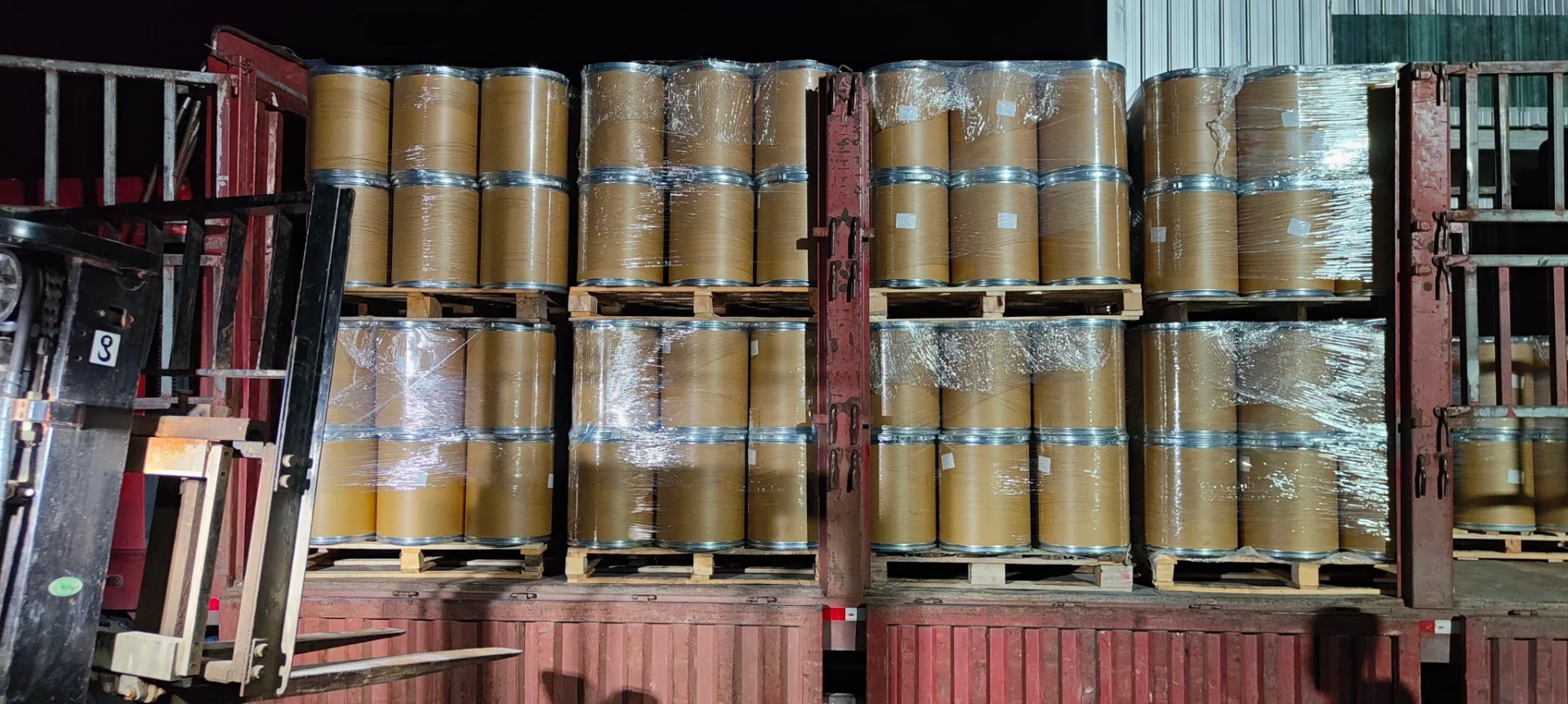Understanding Cooling Tower Water Treatment Chemicals
Cooling towers are critical components in various industrial processes, helping to regulate temperature by dissipating excess heat. However, the water used in these systems must be treated to ensure efficiency, maintain system integrity, and prevent environmental harm. The treatment process involves various chemicals designed to control scaling, corrosion, and biological growth, ensuring that cooling towers operate smoothly and effectively.
The Importance of Water Treatment
Cooling towers circulate water to absorb excess heat from machinery, and this water can become contaminated over time. Without proper treatment, several issues may arise, including scale formation, corrosion of metal components, and the growth of microorganisms like algae and bacteria. These problems can lead to reduced efficiency, increased energy costs, system breakdowns, and potentially hazardous situations.
Key Treatment Chemicals
1. Scale Inhibitors Scale formation occurs when minerals in water, particularly calcium and magnesium, precipitate out and form deposits on heat exchange surfaces. Scale can significantly impede heat transfer and increase energy consumption. Scale inhibitors, such as phosphonates and polymers, work by preventing the crystallization of minerals, keeping them in suspension and allowing them to be carried away through the system.
2. Corrosion Inhibitors Cooling water often contains dissolved oxygen, which can lead to corrosion of metal parts within the cooling tower system, including pipes and heat exchangers. Corrosion inhibitors are chemicals that form a protective layer on metal surfaces, which helps to mitigate the effects of corrosive agents. Common corrosion inhibitors include phosphates, nitrites, and silicates. These compounds can help extend the lifespan of cooling system components, reduce maintenance costs, and improve operational efficiency.
3. Biocides Microbial growth can create significant operational challenges in cooling towers. Bacteria, algae, and fungi can lead to biofilm formation, reducing heat exchange efficiency and potentially causing system failures. Biocides are chemical agents designed to eliminate or control microbial populations. Chlorine-based compounds, bromine, and non-oxidizing biocides like isothiazolinones are commonly used for this purpose. Regular biocide treatment is essential to keep the system clean and prevent the spread of harmful microorganisms.
4. pH Adjusters Maintaining the proper pH level in cooling tower water is crucial for minimizing corrosion and scaling. Both low and high pH levels can lead to problems; for instance, low pH can increase corrosion rates, while high pH can promote scaling. Chemicals like sodium hydroxide (for raising pH) and sulfuric acid (for lowering pH) are used to maintain balanced water chemistry. Regular monitoring and adjustments are vital for optimal performance.
cooling tower water treatment chemicals

5. Dispersants Even with scale inhibitors and biocides, suspended solids and particulates can accumulate in cooling systems, leading to fouling and efficiency loss. Dispersants help to keep these particles suspended, preventing them from settling out and forming deposits. By ensuring that these particulates remain in the flow, dispersants promote a cleaner and more efficient cooling system.
Best Practices for Cooling Tower Water Treatment
To achieve optimal results in cooling tower water treatment, it's essential to adopt best practices
- Regular Testing Frequent water analysis is crucial to ensure that chemical concentrations remain within the recommended ranges. Testing for pH, conductivity, and microbial activity can help identify potential issues before they become severe.
- Tailored Chemical Programs Each cooling system has unique characteristics, including water source and operational conditions. A tailored water treatment program that considers these factors will yield the best results.
- Environmental Compliance Many regions have strict regulations governing cooling tower operation and water discharge. Using eco-friendly treatment chemicals and following appropriate protocols can help ensure compliance and reduce environmental impact.
- Routine Maintenance Regular inspection and maintenance of cooling tower components can help identify problems early. Cleaning and maintaining the system ensures that water treatment chemicals work effectively.
Conclusion
Cooling tower water treatment chemicals play a vital role in maintaining efficient and effective cooling operations in industrial systems. By utilizing the right combination of scale inhibitors, corrosion inhibitors, biocides, pH adjusters, and dispersants, operators can mitigate common problems associated with cooling tower systems, reduce maintenance costs, and ensure compliance with environmental regulations. Regular monitoring and tailored chemical programs will help keep cooling systems running at peak performance, ultimately contributing to the overall success of industrial operations.

